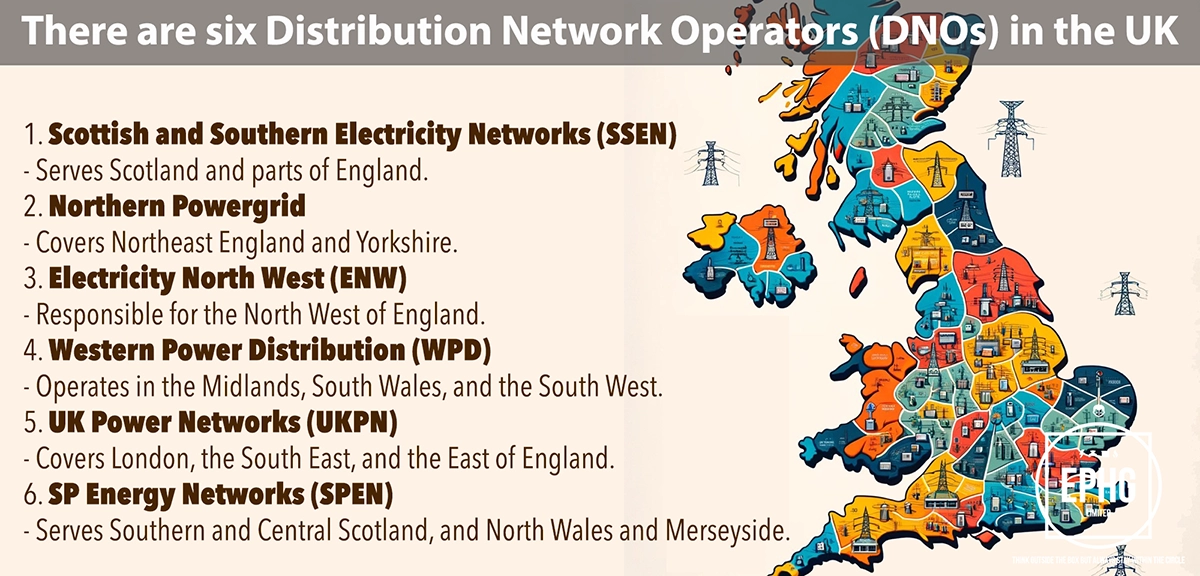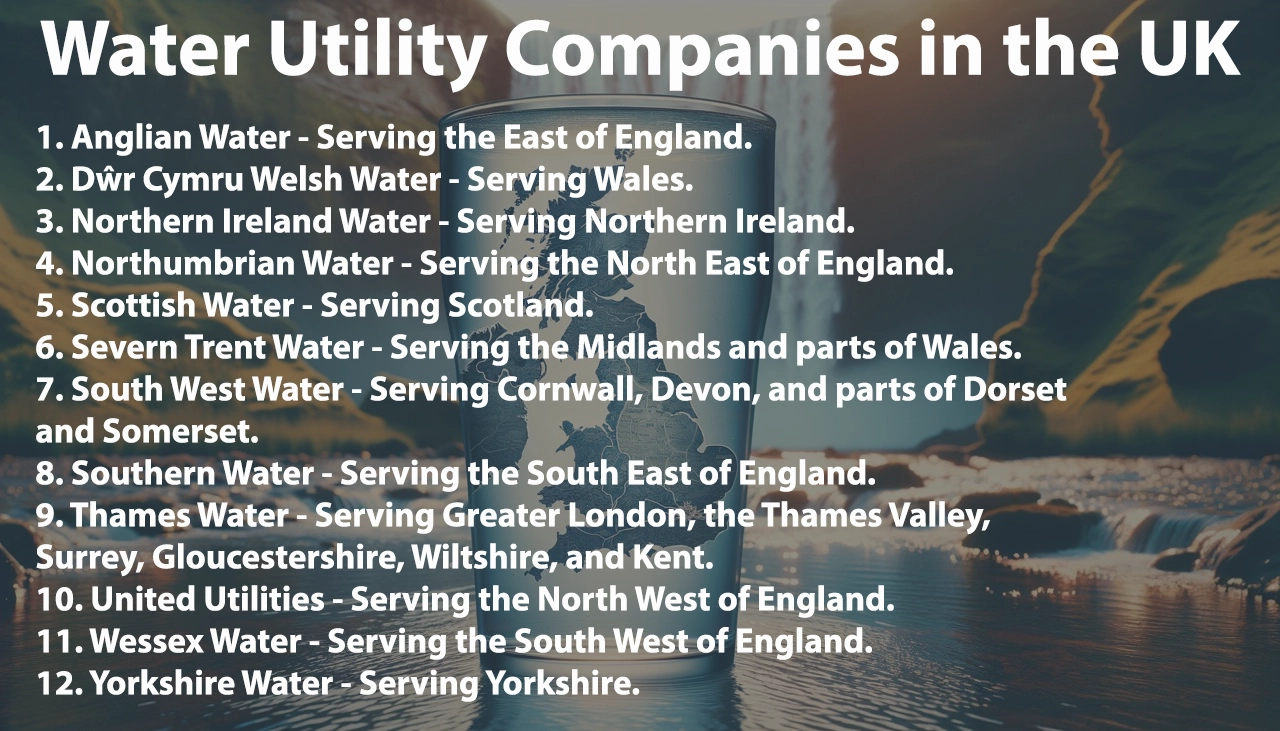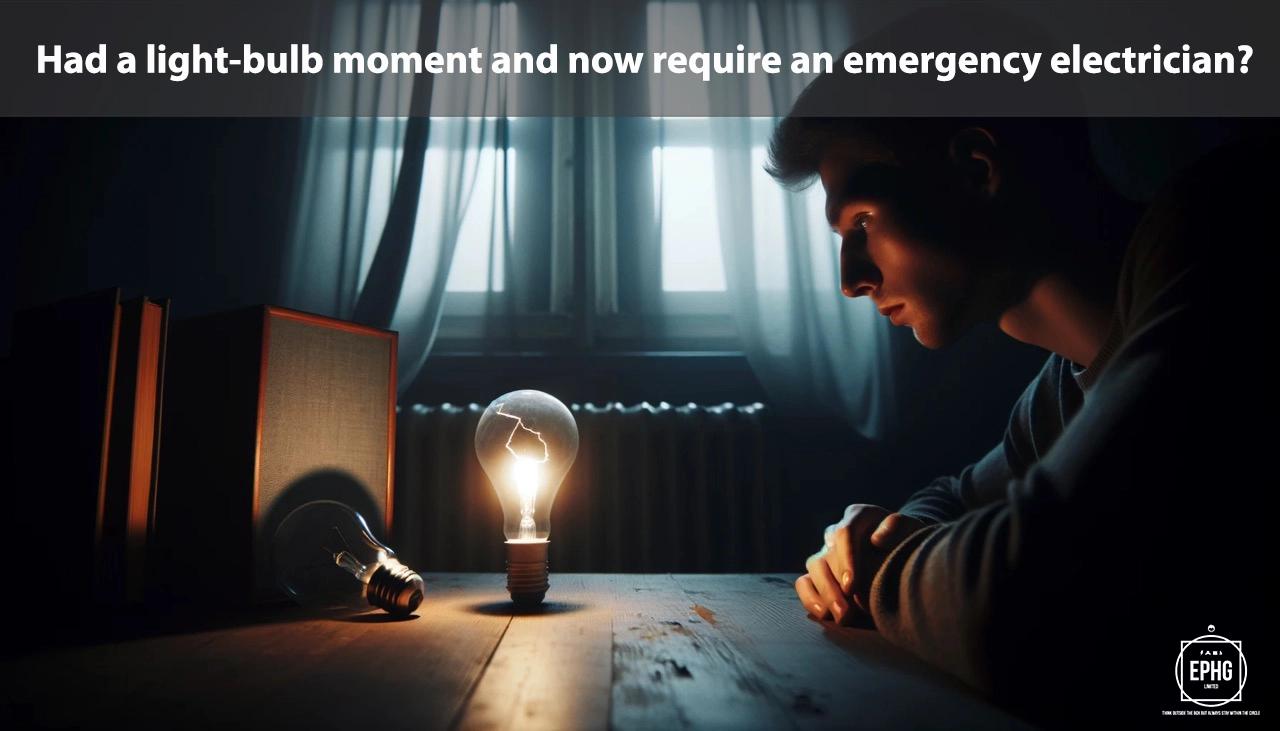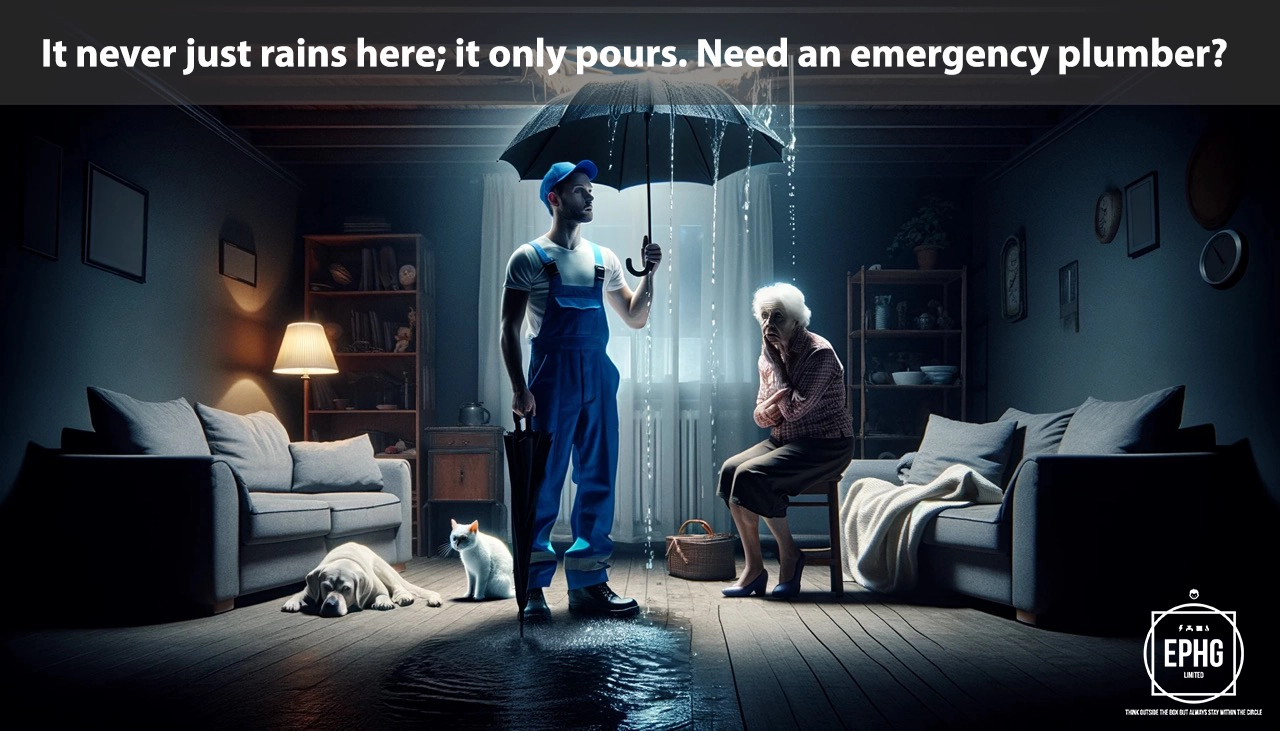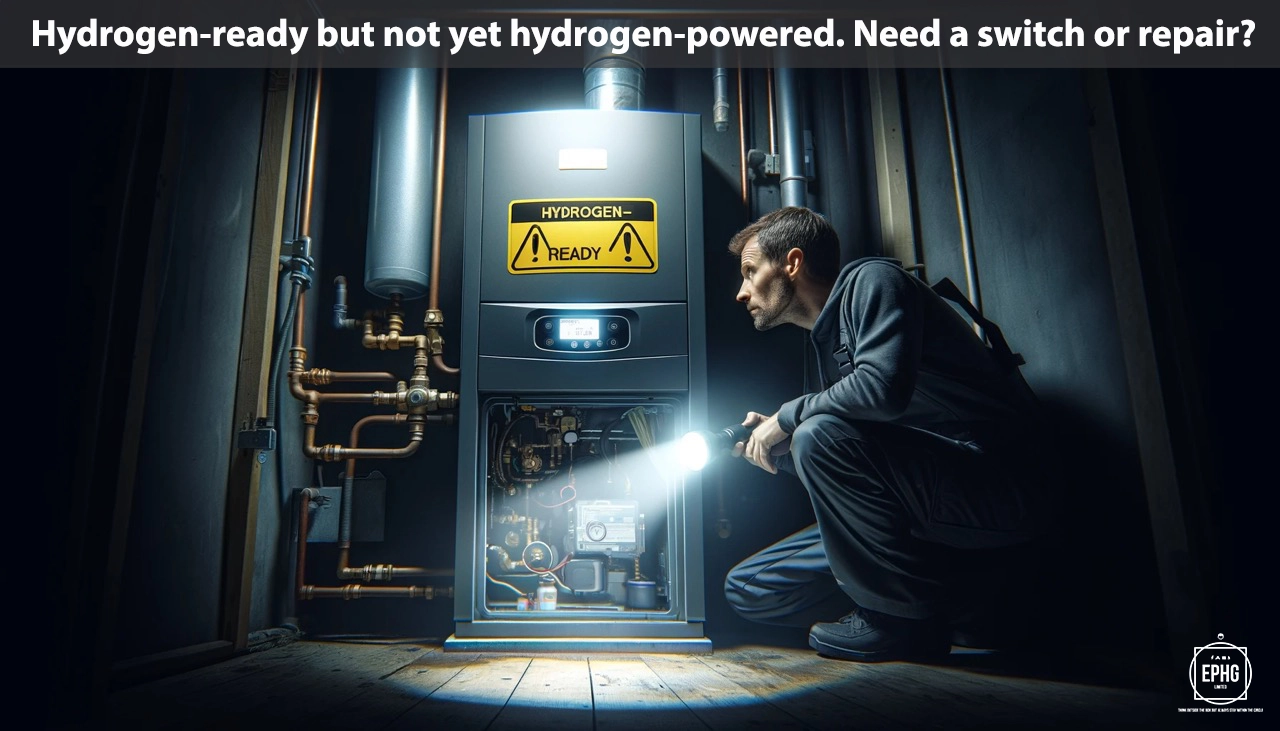
M Postcodes for Utilities & Services in Manchester and Surrounding Areas
Introduction: The M postcode area, encompassing Manchester and its diverse regions, showcases a blend of historical richness and modern development. Here, we delve into insights on water and electricity supply, alongside other vital information for the well-being of residents and visitors.
Water in Manchester and Surrounding Areas
Where does the water supply come from in the M postcode area, and is there ever a shortage of water?
In the M postcode area, water is primarily supplied by United Utilities, with sources including local reservoirs and the Lake District. The River Irwell and the River Mersey also play significant roles in the region's water provision, with treatment facilities ensuring that water meets rigorous health standards before reaching households and businesses. Although Manchester experiences a generally reliable water supply, the area is not immune to challenges such as heavy rainfall and flooding or occasional droughts affecting water levels. Conservation measures and infrastructure improvements are continually implemented to maintain water security and quality, with residents encouraged to engage in water-saving practices.
What is the hardness & quality of the water in the M postcode area, and can this affect your health?
Water in the M postcode area varies from soft to moderately hard, largely dependent on the specific source and treatment process. The Manchester region's water is regularly tested and treated to ensure it meets all safety and quality guidelines, providing residents with water that is safe to drink and use daily. While hard water can lead to minor inconveniences such as limescale buildup in appliances, it does not pose significant health risks. United Utilities provides detailed information about water hardness and quality, offering peace of mind and guidance to consumers.
Electricity in Manchester and Surrounding Areas
Where does the electric supply come from in the M postcode area, and what is the future of energy there?
Manchester's electricity supply is transitioning from traditional energy sources to a greener, more sustainable model. Historically reliant on fossil fuels, the area is now embracing renewable energy sources such as wind, solar, and biomass energy. The region benefits from several large-scale wind farms and a growing number of solar panel installations on residential and commercial buildings. Manchester is also exploring the use of hydrogen as an energy source, with several pilot projects underway. The city’s vision for the future of energy is ambitious, aiming for a significant reduction in carbon emissions and establishing Manchester as a leader in renewable energy and technology. Investments in green infrastructure and sustainable energy projects are pivotal to this vision, ensuring energy security and environmental sustainability for the future.
When is hydrogen coming to gas boilers in Manchester?
Manchester is at the forefront of the UK's hydrogen energy research, with plans to introduce hydrogen to residential heating systems as part of the national effort to reduce carbon emissions. The exact timeline for the widespread introduction of hydrogen gas boilers in Manchester depends on the outcomes of ongoing trials and the development of necessary infrastructure. However, the city is part of the UK’s broader strategy to convert existing gas networks to hydrogen, aiming for a cleaner, more sustainable heating solution. Residents are advised to stay updated on local developments and consider energy-efficient upgrades to their current heating systems in preparation for future transitions.
Where Does the Wastewater Go in Manchester
In Manchester, wastewater management is a critical component of the city’s infrastructure, safeguarding both environmental and public health. Wastewater from homes, businesses, and industries is collected and transported to advanced treatment facilities, such as the Davyhulme Wastewater Treatment Works, one of the largest in Europe. Here, wastewater undergoes rigorous cleaning processes before being safely released back into local waterways, including the River Irwell and River Mersey. This system not only protects the natural environment but also ensures the region adheres to strict water quality standards, highlighting Manchester’s commitment to maintaining cleanliness, sustainability, and health in urban and surrounding areas.
Regions and Services:
The M postcode area offers a dynamic mix of urban, suburban, and semi-rural settings, reflecting the diverse character of Greater Manchester. Key regions include:
- Manchester City Centre: The heart of the region, showcasing extensive urban utilities development and featuring state-of-the-art electrical and gas infrastructure, along with burgeoning renewable energy initiatives.
- Salford, Swinton, and Eccles: Areas known for their rich industrial history now transitioning towards modern services and infrastructure, with significant investments in renewable energy sources and efficient public utilities.
- Altrincham, Sale, and Didsbury: Suburban zones where traditional charm meets contemporary living, highlighted by the integration of green energy projects and community-focused utility services.
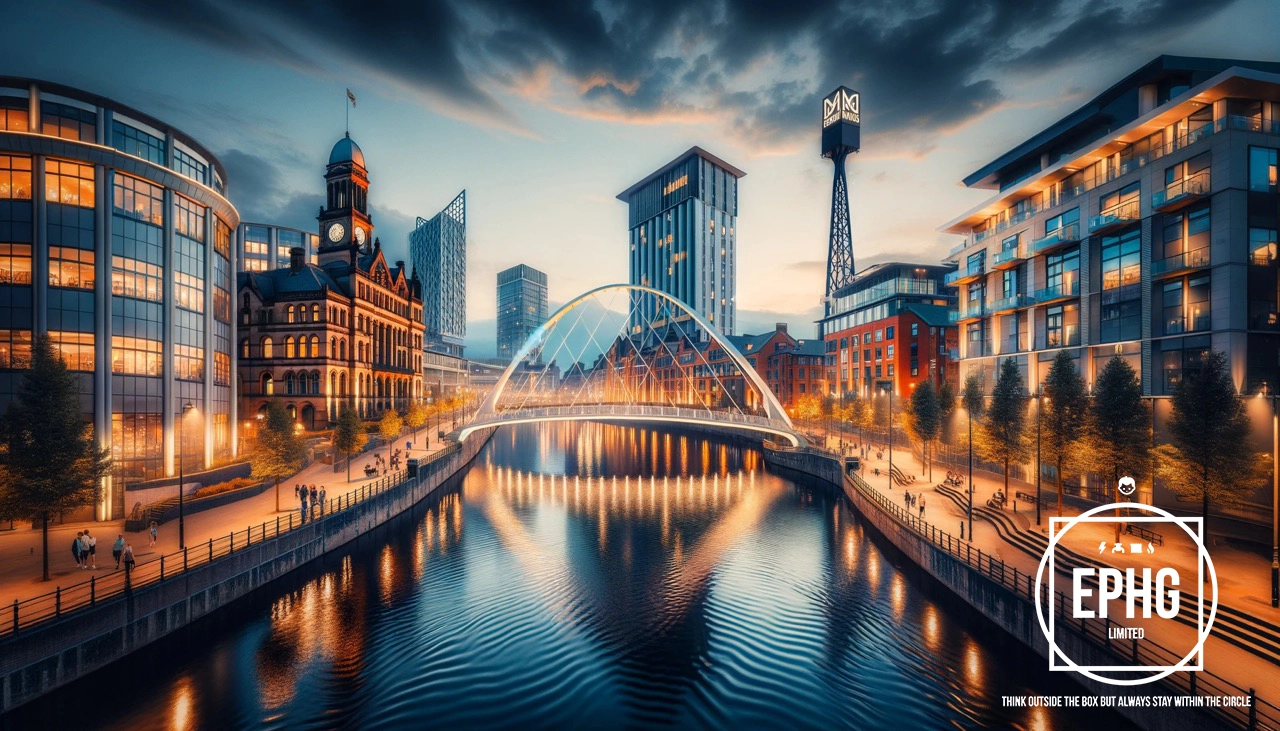
Regions within the M Postcode
Manchester City
- M1: Central Manchester including Piccadilly, Northern Quarter, and part of the city's business district.
- M2: Deansgate, Central Retail District, and parts of the business district.
- M3: Spinningfields, parts of Deansgate, and the Salford border areas like Greengate and Blackfriars.
- M4: Ancoats, Northern Quarter, and parts of New Islington.
- M15: Parts of South Manchester including Hulme, Manchester Science Park, and parts of the city's university area.
Surrounding Suburbs and Towns
- M20: Didsbury, Withington - Vibrant suburban areas known for their cafes, parks, and community feel.
- M21: Chorlton-cum-Hardy - A popular and trendy suburb famous for its eateries and independent shops.
- M22: Wythenshawe, Northenden - Residential areas with community hubs and green spaces.
- M32: Stretford - Known for its proximity to Old Trafford and local community events.
- M33: Sale - A market town with a rich history, parks, and leisure facilities.
Outer Manchester Regions
- M40: New Moston, Failsworth - Areas combining residential living with local industry and retail.
- M43: Droylsden - Known for its canal-side walks and local markets.
- M44: Irlam, Cadishead - Suburbs with a mix of residential, industrial, and rural landscapes.
- M50: Salford Quays - A modern business hub with cultural attractions and media studios.
